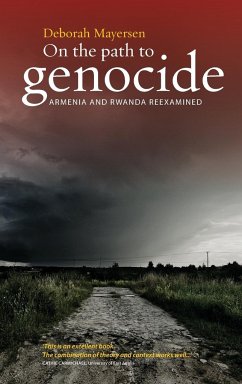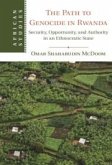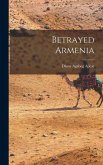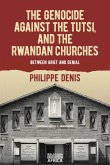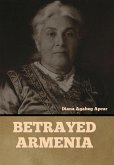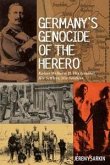Why did the Armenian genocide erupt in Turkey in 1915, only seven years after the Armenian minority achieved civil equality for the first time in the history of the Ottoman Empire? How can we explain the Rwandan genocide occurring in 1994, after decades of relative peace and even cooperation between the Hutu majority and the Tutsi minority? Addressing, for the first time, the question of how the risk of genocide develops over time, this book helps us to better understand why genocide occurs when it does. It provides a comprehensive historical analysis of the factors that led to the 1915 Armenian genocide and the 1994 genocide in Rwanda, using fresh sources and perspectives that yield new insights into the history of the Armenian and Rwandan peoples. Finally, it also presents new research into constraints that inhibit genocide, and how they can be utilized to attempt the prevention of genocide in the future. Deborah Mayersen is a Vice-Chancellor's Postdoctoral Research Fellow at the Institute for Social Transformation Research, University of Wollongong, Australia. She was previously the Program Leader for the Prevention of Genocide and Mass Atrocities at the Asia Pacific Centre for the Responsibility to Protect. Her previous publications include the co-edited volume Genocide and Mass Atrocities in Asia: Legacies and Prevention (with Annie Pohlman, Routledge 2013).

